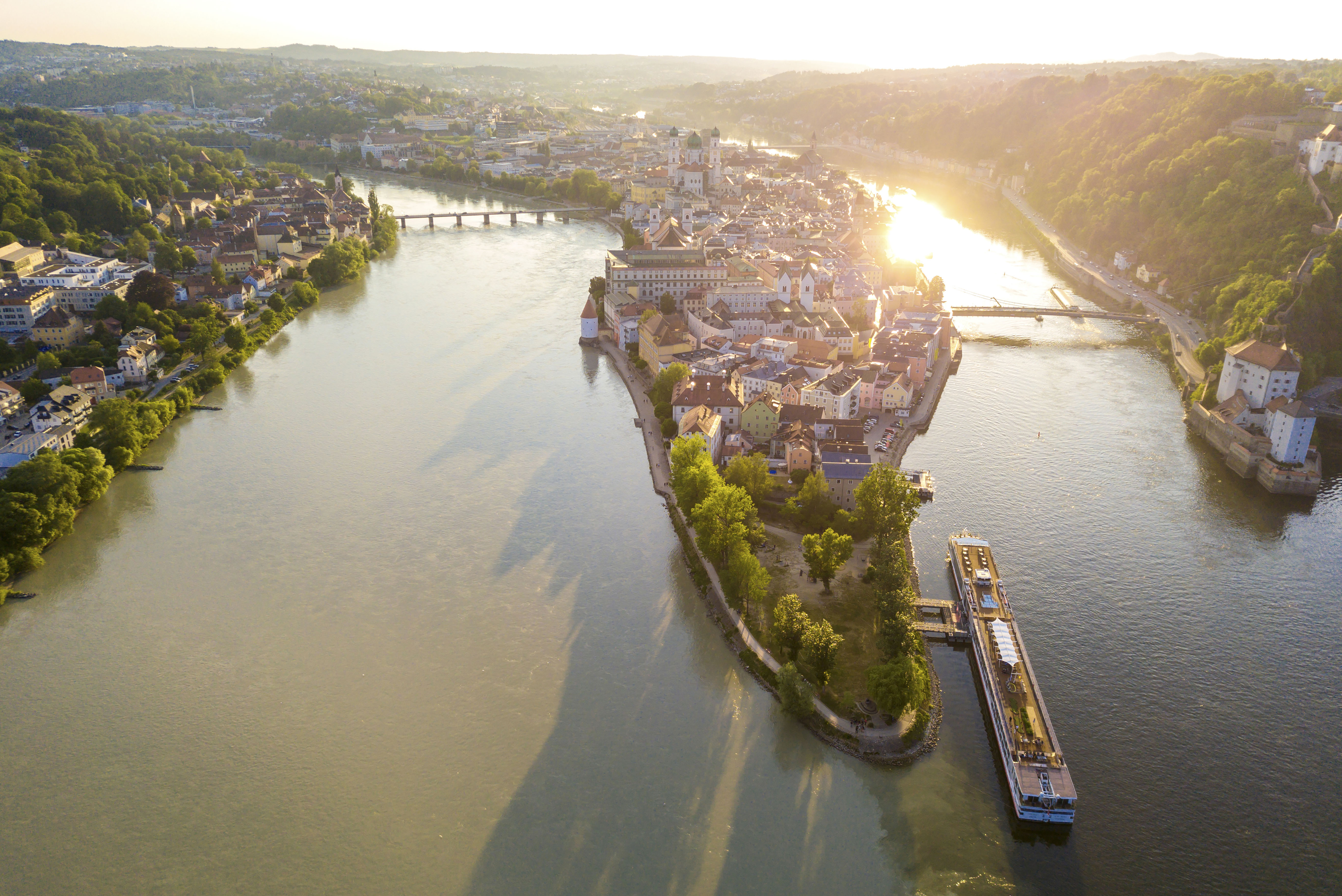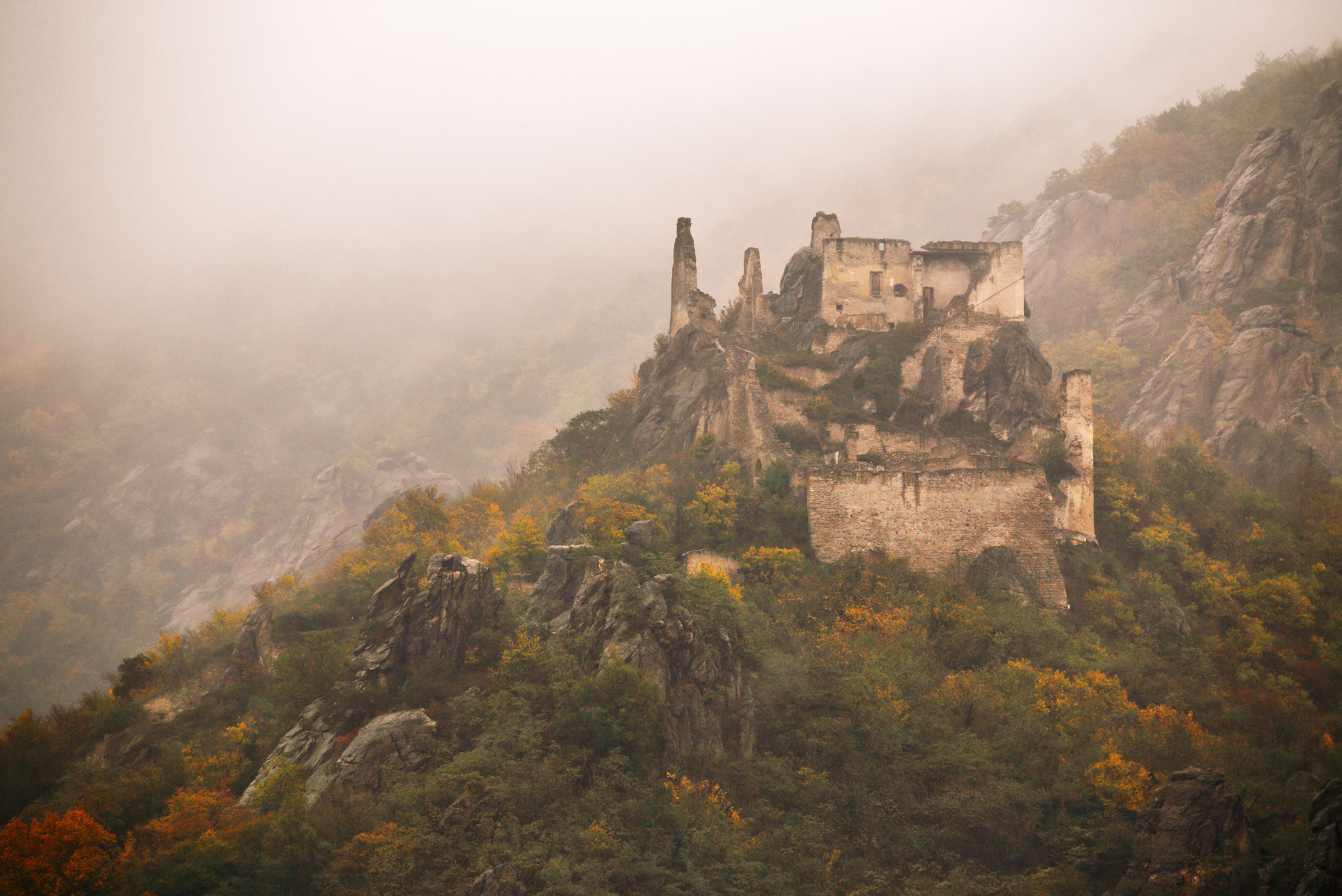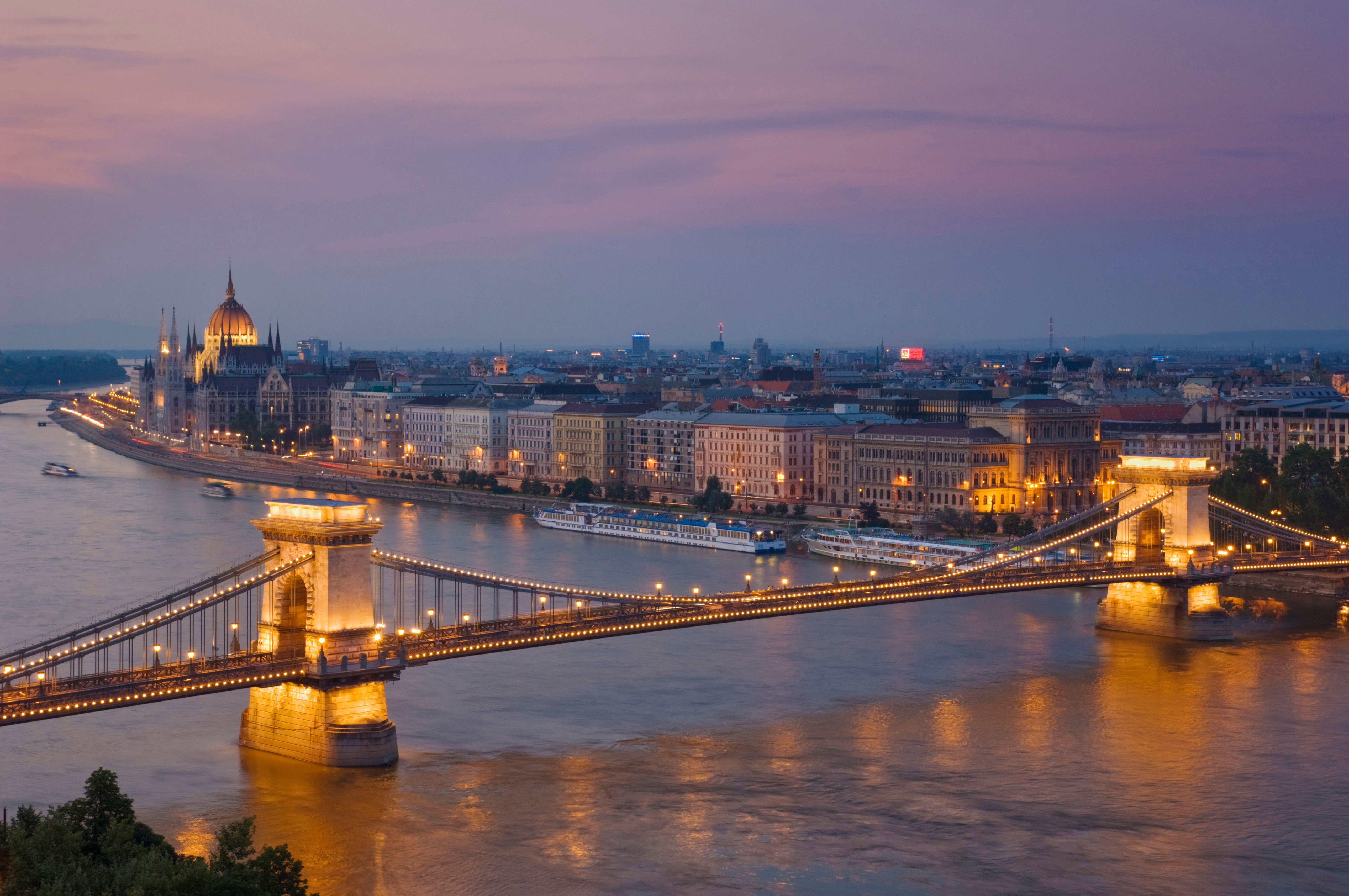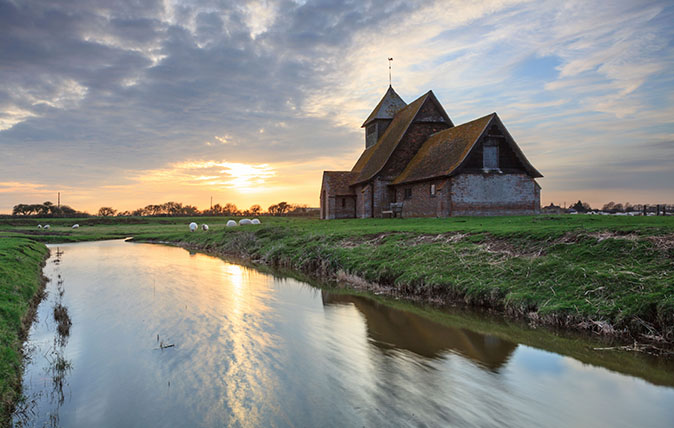Jason Goodwin: 'Politicians need historians as much as kings need minstrels'
Jason Goodwin undertakes a family cycle ride along the Danube.

The Scylla and Charybdis of the Austrian Danube are a rock called the Strudl and a whirlpool called the Wirbl. Boats that escaped being dashed to pieces where the Strudl rose foaming from the current had to fight against the swirling Wirbl before being shot out into the calmer waters of the Wachau valley, famous for its vines and apricots.
These days, the river is huge, but placid, tamed by locks and dynamite and flanked on one bank or another by a quiet, metalled lane, which persuaded my sister that cycling along the Danube would the best way to celebrate our father’s 85th birthday.

She was right: it’s peaceful, reflective and, above all, slightly downhill all the way. The food is excellent, with a dash of flavours that have come upriver with the Hungarians and the Turks: we ate salad and potatoes and slept in comfortable, affordable inns welcoming to cyclists, with pumps, spanners and drying rooms provided.
In the middle of the Wachau, on a bend in the river, lies Durnstein, a medieval village with a ruined castle beetling among the granite crags. It’s a steep and sometimes vertiginous climb rewarded by lovely views and a steeple of rock containing a hand-hewn cell barred by iron in which Richard I was imprisoned by his enemy, Leopold of Austria.

At the siege of Acre, on crusade, Richard tore down and trampled on the standard of Austria, fluttering beside his own on the conquered city’s ramparts. On his way home, he decided to take the overland route along the Danube in disguise, but was discovered when his groom went to buy supplies at market wearing his royal gloves.
At Durnstein, Richard was lost to the world until, as you remember, his minstrel came looking for him. Up and down the castles of the Danube Blondel roamed, singing a troubadour lay that he and his master had composed together. He sang it at every postern gate and dungeon grating, until, one day, the next verse of the song came floating back across the crags and Blondel knew he had found his king.
In Vienna, we ate schnitzels in an old-world cafe, as you should, and went to the opera, as you must. We saw a party of tourists being led into the sewers in honour of The Third Man.
Exquisite houses, the beauty of Nature, and how to get the most from your life, straight to your inbox.
‘It’s okay that we lost to them in the World Cup,’ she once said. ‘We’ve beaten them twice at their own national sport.’
In memory of another old Vienna hand, the historian Norman Stone, who died in Budapest earlier this year and is buried in Istanbul, a service was held last week at St Martin-in-the-Fields. Robert Harris read from his thriller, Archangel, whose protagonist he modelled on a Byronic Norman figure; Niall Fergusson read a passage from Norman’s history of the Cold War, The Atlantic and its Enemies, describing his incarceration in a Slovak jail for trying to smuggle out somebody’s boyfriend, where he wound up perfecting his Hungarian irregular verbs.

Timothy Garton Ash recalled how he and Norman went to Chequers in 1990 to give Margaret Thatcher the historians’ low-down on German reunification. Like many of her generation, she had doubts about the Germans. ‘It’s okay that we lost to them in the World Cup,’ she once said. ‘We’ve beaten them twice at their own national sport.’
In six hours of conversation, the historians persuaded her that German reunification, which didn’t seem at all inevitable at that time, was probably desirable, and certainly survivable. In another context, Norman pointed out that nothing in history, as in war, is truly inevitable. Except, as he would sometimes solemnly add, a German counter-attack.
I left with the impression that politicians need historians as much as kings need minstrels. They can steer them between Wirbl and Strudl, rescue them from the Durnsteins of their own folly and at least give context to their errors if all else fails.

Jason Goodwin: In memory of Norman Stone, my tutor, guide, world traveller — and friend
Jason Goodwin pays tribute to an old friend and mentor.

Credit: Alamy
Jason Goodwin: On wardrobes, spontaneous combustion and burning Vladimir Putin
Our columnist takes his life into his own hands by witnessing the ceremonial destruction of Russian premier Vladimir Putin.

Jason Goodwin: 'On our watch, the natural glories of our island have been atrociously depleted'
Our columnist Jason Goodwin laments the staggering decline of British wildlife and the depletion of our island's natural glories.

Credit: Getty
Jason Goodwin: 'In those days, the French government seemed to use sugar wrappers to effect social change'
Jason Goodwin speaks of collections – from stamps and bus tickets to sugar packets and mushrooms.